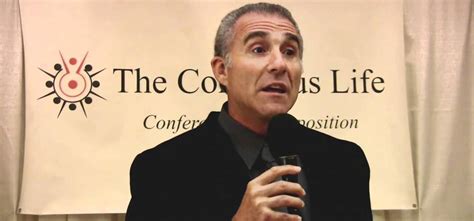A Quote by Thabo Mbeki
We've had a long wrangle with the pharmaceutical industry about parallel imports, and what we were saying is we want to make medicines and drugs as affordable as a possible to what is largely a poor population.
Related Quotes
It's easy to complain that pharmaceutical companies place profits over people and apparently care more about hair loss than TB. However, many in the pharmaceutical industry would be glad for the opportunity to reorient their research toward medicines that are truly needed, provided only that such research is financially sustainable.
If you want to understand a society, take a good look at the drugs it uses. And what can this tell you about American culture? Well, look at the drugs we use. Except for pharmaceutical poison, there are essentially only two drugs that Western civilization tolerates: Caffeine from Monday to Friday to energize you enough to make you a productive member of society, and alcohol from Friday to Monday to keep you too stupid to figure out the prison that you are living in.
Since the 1920s, virtually all continuing medical and public health education is funded by pharmaceutical companies. In fact, today, the FDA can't even tell health scientists the truth about vaccine contaminants and their likely effects. The agency is bound and gagged by proprietary laws and non-disclosure agreements forced upon them by the pharmaceutical industry. Let us not forget that the pharmaceutical industry, as a special interest group, is the number one contributor to politicians on Capital Hill.
Over the past two decades the pharmaceutical industry has moved very far from its original high purpose of discovering and producing useful new drugs. Now primarily a marketing machine to sell drugs of dubious benefit, this industry uses its wealth and power to co-opt every institution that might stand in its way, including the US Congress, the FDA, academic medical centers, and the medical profession itself.
I want to make it clear, though, that I am not trying to say these are bad drugs. Opioid medications in the short term for severe pain are very effective. The problem is when they are used for long-term chronic pain. No one wants anyone to suffer and be in pain. But realize how addictive these drugs are and get off of them as quickly as you can. So 'Warning: This Drug May Kill You' is really more about educating people about these drugs so that everyone can make their own decision about their pain versus the addictive nature of these drugs.
For a decade, makers of AIDS medicines had rejected the idea of lowering prices in poor countries for fear of eroding profits in rich ones. The position required a balancing act, because the companies had to deflect attacks on the global reach of their patents, which granted exclusive marketing rights for antiretroviral drugs.
You can think of the Health Impact Fund as a mechanism that would keep the benefits and burdens of pharmaceutical innovation for the affluent roughly as they are while massively reducing the burdens presently imposed upon the poor. This sounds like magic. But it really works because the current system is not Pareto efficient. It's a system that generates hundreds of billions of dollars in litigation costs and deadweight losses that HIF-registered medicines would sidestep. By avoiding these losses, the HIF reform can bring improvements all around - including for pharmaceutical innovators.
In the last century the practice of medicine has become no more than an adjunct to the pharmaceutical industry and the other aspects of the huge, powerful and immensely profitable health care industry. Medicine is no longer an independent profession. Doctors have become nothing more than a link connecting the pharmaceutical industry to the consumer.









































